What do you think?
Rate this book


265 pages, Hardcover
First published March 3, 2020
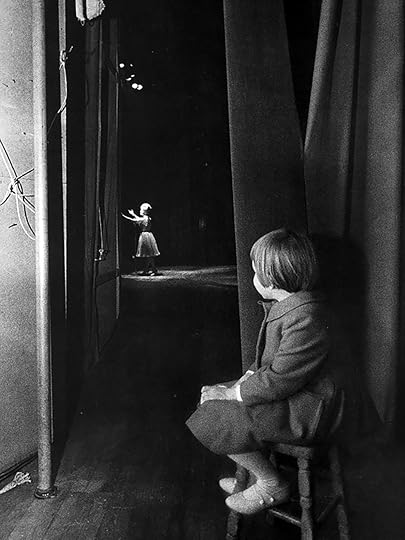
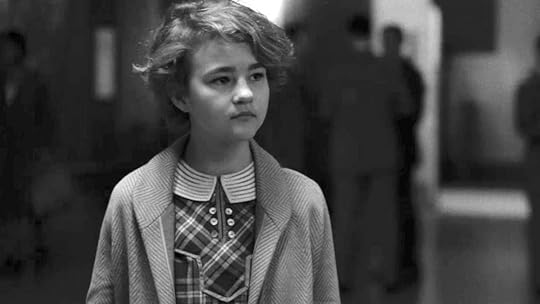




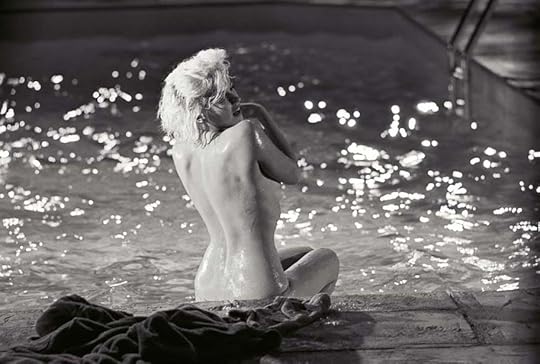
"What kind of mother was she?"
"Well," I said. "She was mine."
Among the images of my mother that exist online is a black-and-white photograph of me, watching her from the wings. I am four or five years of age, and sitting on a stool, in a little matinee coat and a bowl haircut. Beyond me, Katherine O’Dell performs to the unseen crowd. She is dressed in a glittering dark gown, you can not see the edge so her or the shape her figure makes, just the slice of cheekbone, the line of her chin. Her hands are uplifted.
The phone was otherwise silent in Dartmouth Square, though phones were, at a guess, ringing all over Dublin. The gang of people my mother called friends were now busy being a gang without her. The difference between inside and outside was so swift, it was almost the same thing. She was, from that moment, more spoken about than to. She was the talk of the town.
It was gone. Up in our bedroom, I sat on the edge of the bed and put my head in my hands. If I could just stop looking, I knew, I might remember where it was. You must let the thing go, in order to find it.
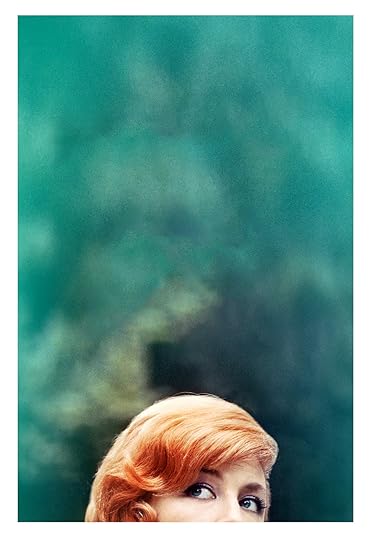
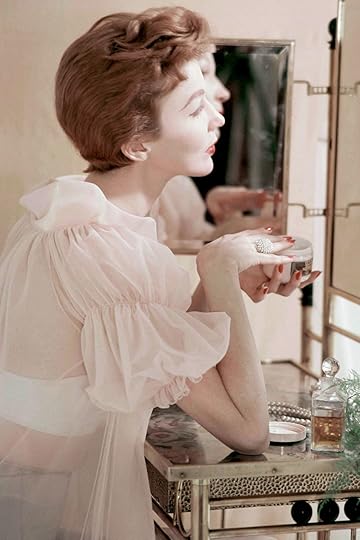
She was always looking at the edges of things.